India, with its vast and diverse legal system, is grappling with an ever-growing caseload, leading to a staggering pendency of cases across its courts. With India’s backlog of cases crossing the 5-crore mark, Sunny Deol’s infamous dialogue from Damini comes to mind, “Tarikh par tarikh, tarikh par tarikh, tarikh par tarikh, tarikh par tarikh milti rahi hai … lekin insaaf nahi mila my lord, insaaf nahi mila … mili hai toh sirf yeh tarikh.”
The National Judicial Data Grid (NJDG) conveys the grim picture of the backlog of cases haunting India. The NJDG’s data reveals that about 4.38 crore cases (4,38,80,345 cases) lay pending before the District and Taluka courts, while 60.9 lakh cases (60,90,891 cases) are pending before the High Courts. Furthermore, 68,745 cases are pending before the Supreme Court as of June 1, 2023 (as per the information available on the Supreme Court’s website). Thus, the backlog of cases has crossed the 5 crore mark with 5,00,39,981 cases pending before Indian courts.

Out of the 4.38 crore cases pending before the District and Taluka Courts, the NJDG data reveals that about 1.09 crore civil cases (1,09,86,689 cases) are pending before the courts while 3.28 crore criminal cases (3,28,93,656 cases) are contributing to the unprecedented backlog of cases in India’s trial courts. Notably, India’s 25 High Courts suffer from a staggering backlog of 60.9 lakh cases, of which 43.7 lakh civil cases (43,77,781 cases) and 17.1 lakh criminal cases (17,13,110 cases) wait for their turns. To put into perspective, on average about 2,43,636 cases are pending before the High Courts.

The NJDG’s data indicates that about 3.23 crore cases (3,23,94,421 or 73.67 per cent cases) are pending before the District and Taluka Courts for less than five years, whereas about 33 lakh cases (33,82,801 or 17.20 per cent cases) are pending before them for five to ten years. About 40 lakh cases (40,17,352 or 9.14 per cent cases) are pending before the District and Taluka Courts for over a decade, wherein 1 lakh cases (1,04,113 or 0.24 per cent cases) are pending before them for more than thirty years.
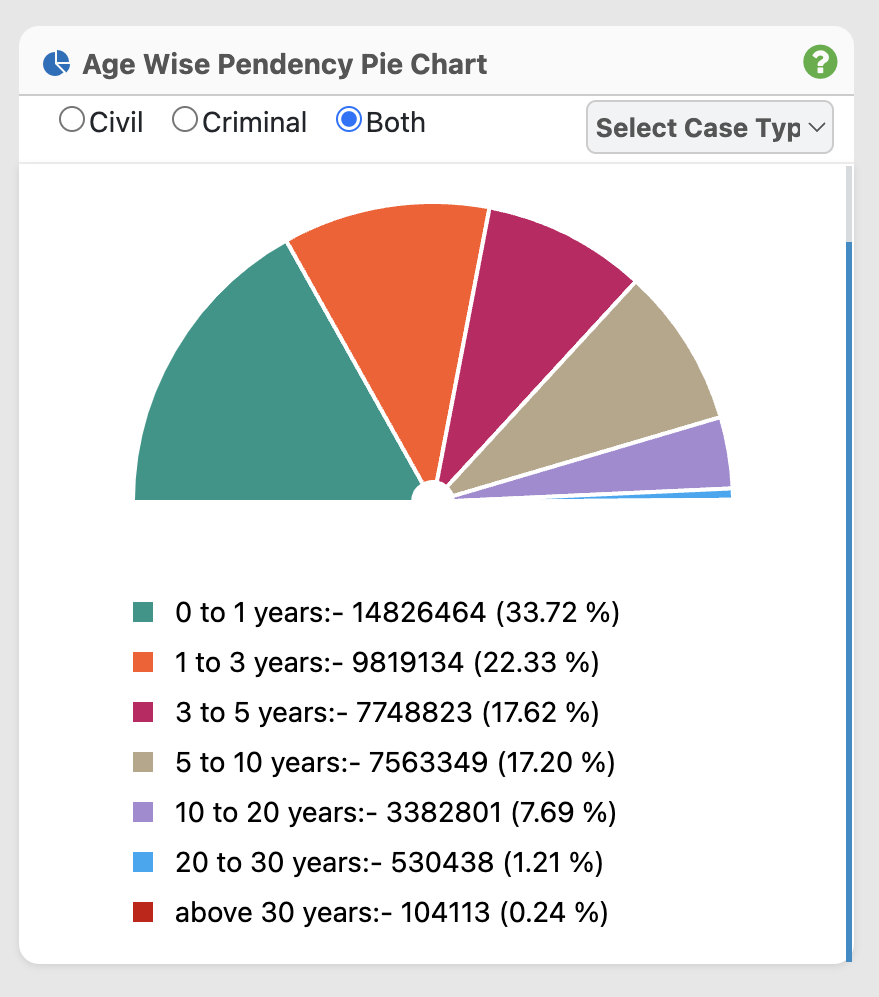
The NJDG’s data indicates that about 33.09 lakh cases (33,09,213 or 54.33 per cent cases) are pending before the High Courts for less than five years, whereas about 13.77 lakh cases (13,77,822 or 22.62 per cent cases) are pending before them for five to ten years. About 14.03 lakh cases (14,03,856 or 23.05 per cent cases) are pending before the High Courts for over a decade, wherein 71,783 (1.18 per cent) cases are pending before them for more than thirty years.
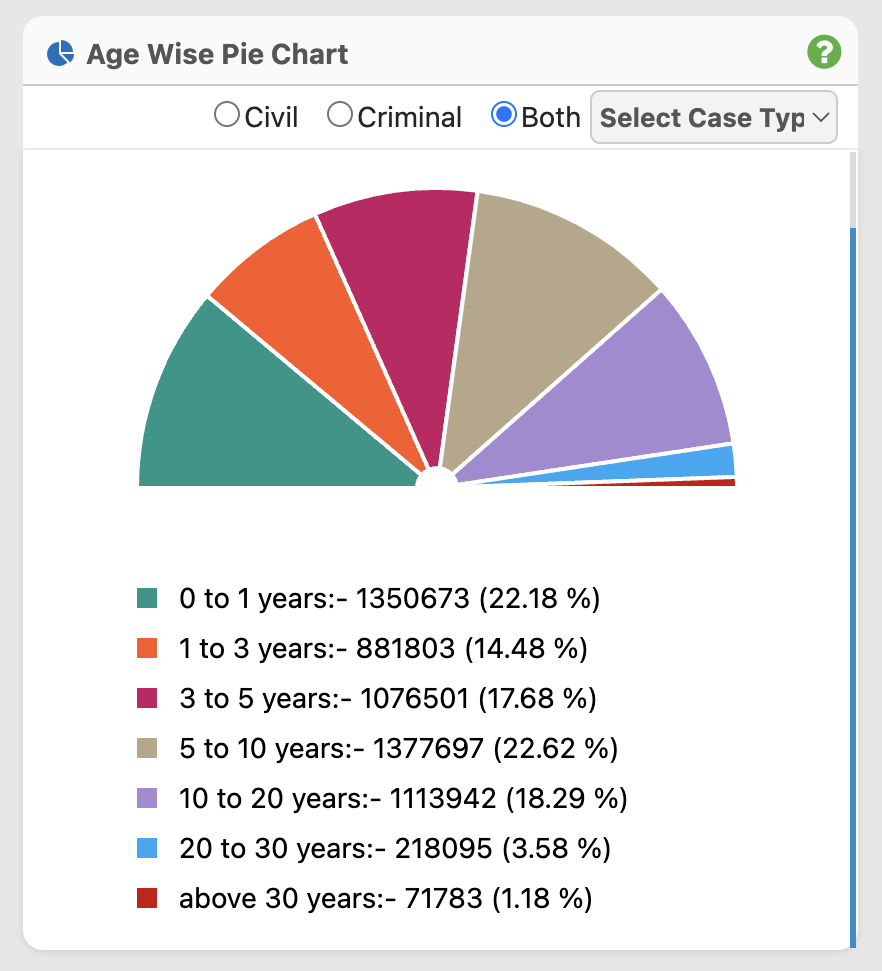
While the weight of the burgeoning caseload places an untenable strain on the Indian judicial system, the dearth of vital adjudicatory elements renders courts incapable of handling the massive volume of cases filed each year, leading to an insurmountable pendency of cases. However, the lack of sufficient judicial infrastructure is not the sole cause of the 5 crore cases pending before the courts.
The interplay of procedural complexities, numerous adjournments prolonging trials, repetitive litigation practices and archaic laws inherited from the colonial past impose an onerous burden on the courts. The outdated laws and procedures lead to an exacerbated bottleneck of cases, slowing down the pace of delivery of justice and indicating the need for comprehensive legal reforms and streamlining the judicial system.
The mounting pendency crisis continues to haunt the public, as the prolonged delays in securing justice result in a denial of justice to the litigants. The backlog undermines the principle of “justice delayed is justice denied,” with individuals and businesses suffering due to unresolved legal disputes for years, sometimes for decades.
Considering that about 14.03 lakh cases before the various High Courts are pending for more than a decade, with more than 1 out of 100 cases pending for over 30 years, placing an enormous emotional, financial and psychological burden on the litigants. The uncertainty associated with prolonged trials adversely impacts their lives, and the persistent backlog erodes the public confidence in the judicial system.
On December 6, the former Union Law Minister Kiren Rijiju highlighted that the judicial infrastructure in the country is not in a “very appreciable condition” and the backlog of cases is a great concern. He said, “I feel that the pendency in the high courts and the Supreme Court will come down but the real challenge is in the lower court and the infrastructure in the lower court is the real challenge for me and that is the responsibility of the central government and state governments together,” at a Delhi High Court function.
He had highlighted that the number of pending cases before the Indian courts was “inching towards five crore pendency.” He said, “It’s a matter of great concern. And I have to keep replying in the parliament and elsewhere. It’s very difficult for me to really answer how to ensure that this figure of five crore … It’s about to reach five crore. At the present rate, maybe it will take another couple of months to reach the five crore figure, which doesn’t sound nice.” He further remarked on the judicial infrastructure across the country stating that some of the courts are “very pathetic” and expressing that he feels “ashamed.”
Shreeyash Mittal is a lawyer based in Delhi, working as a Senior Associate (Corporate Law) at K&Co. Advocates & Legal Consultants in Noida. He graduated from Jindal Global Law School with honors, receiving awards for his outstanding contributions and leadership. Shreeyash is passionate about using new technologies to help clear the backlog of legal cases in India.



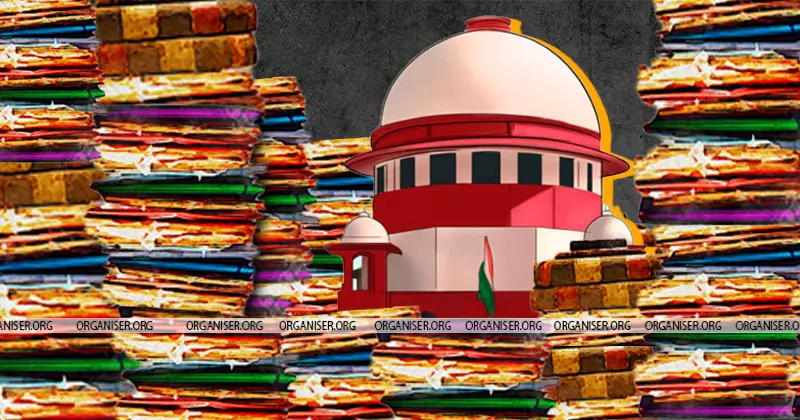

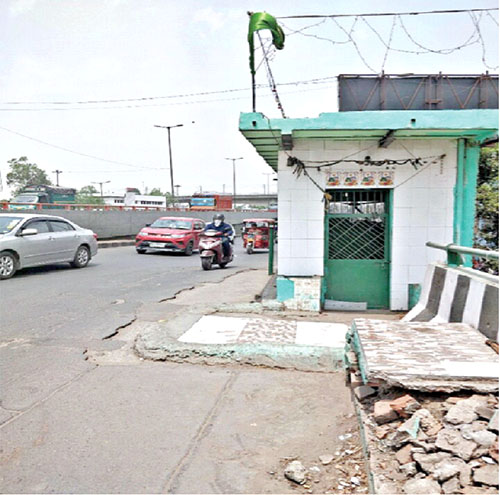
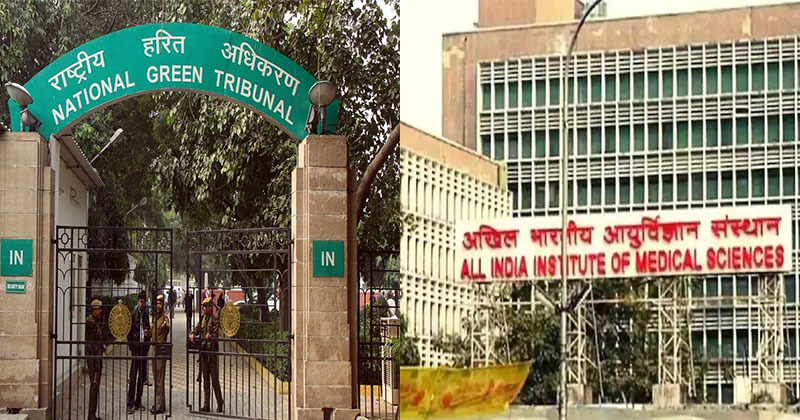
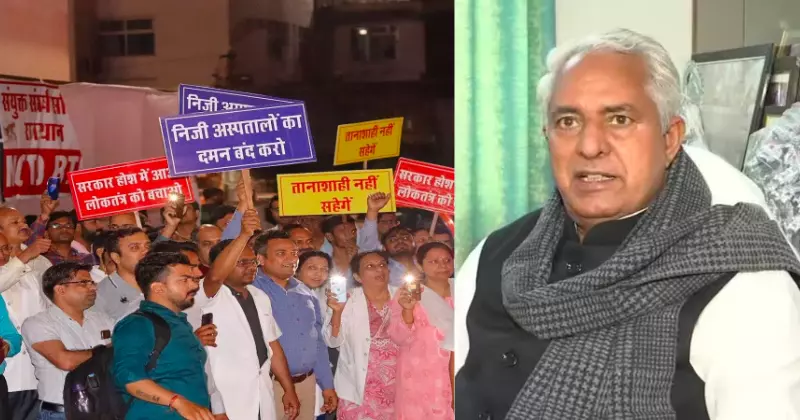
















Comments